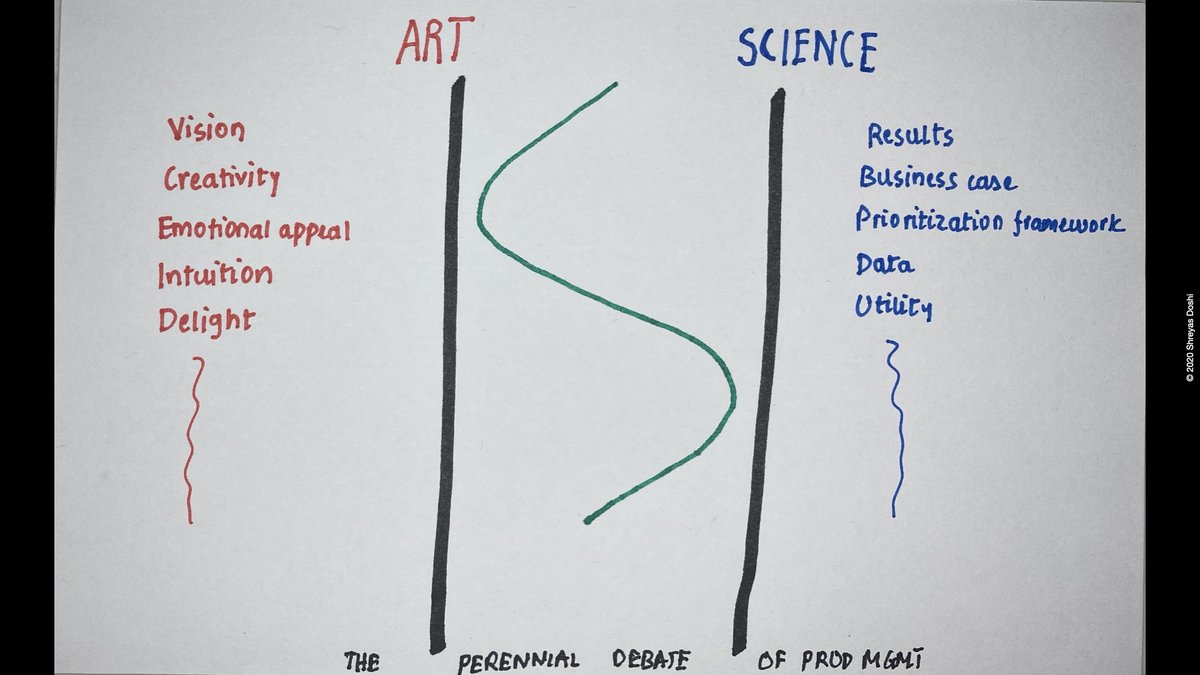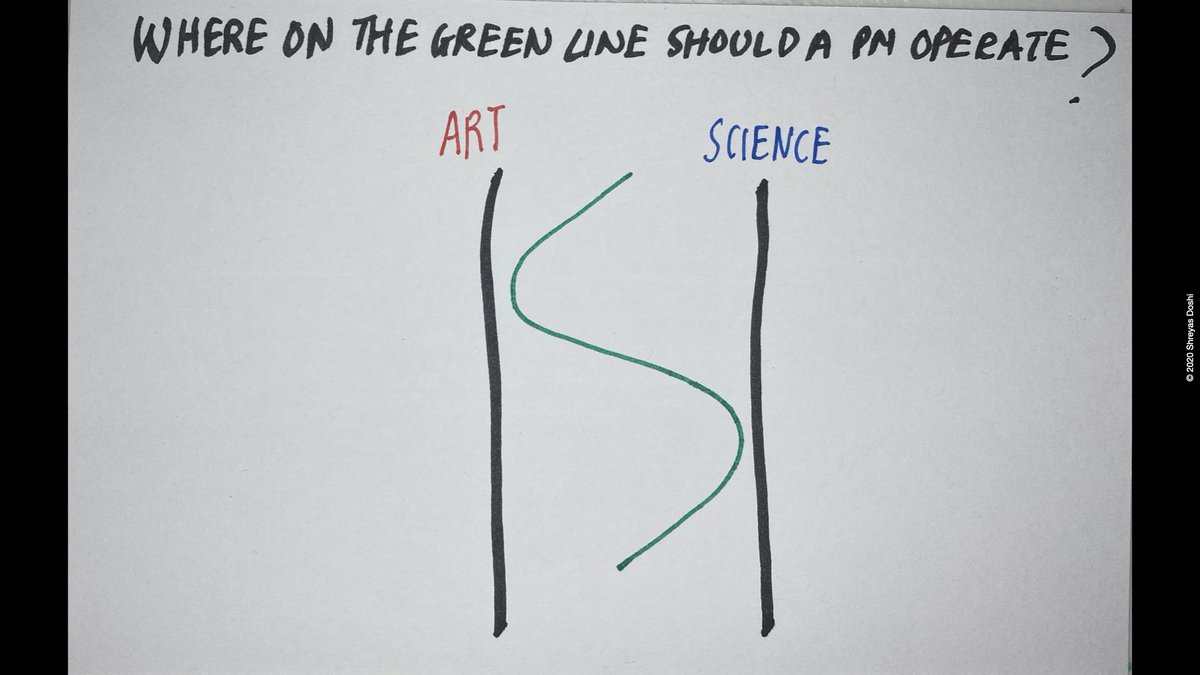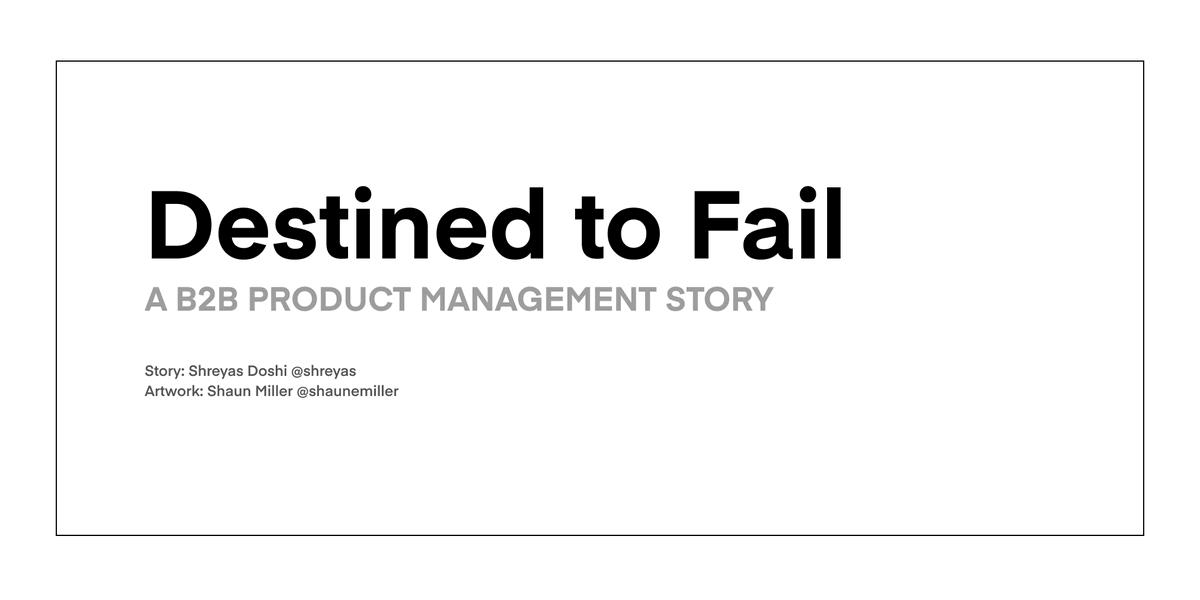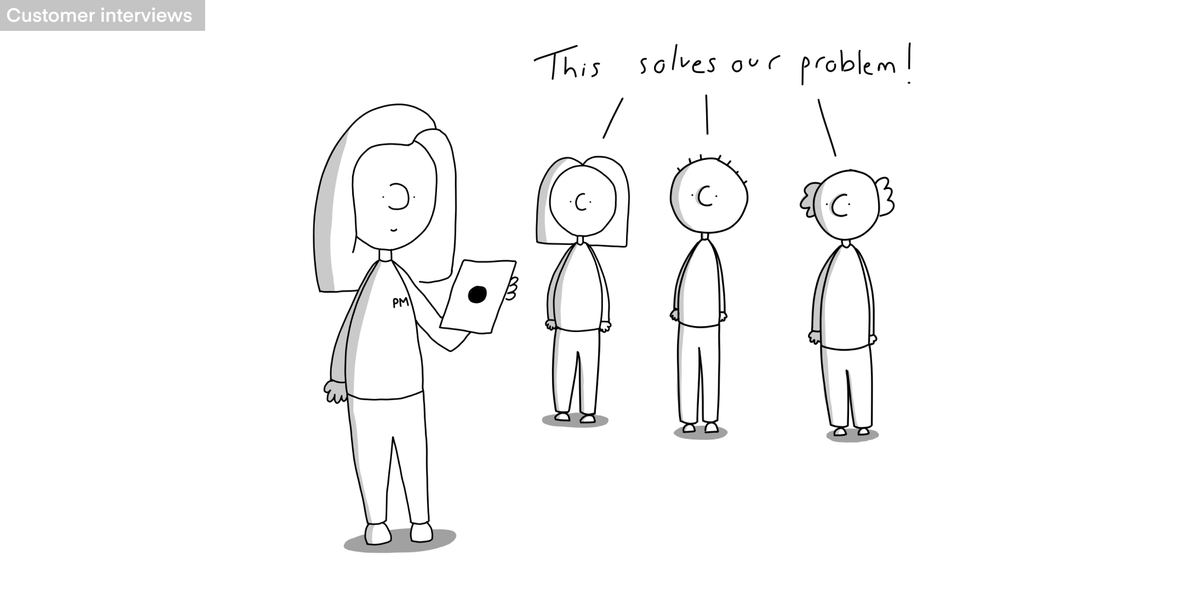
Impediments to personal growth:
1) Thinking “I am very different!”
2) Fixating on Bezos, Musk, Gates
3) Requiring incontrovertible proof
4) Judging the source, not the idea
5) Wanting immediate improvement
6) Seeking just tactics, not principles
7) Learning to avoid doing
1) Thinking “I am very different!”
2) Fixating on Bezos, Musk, Gates
3) Requiring incontrovertible proof
4) Judging the source, not the idea
5) Wanting immediate improvement
6) Seeking just tactics, not principles
7) Learning to avoid doing
Read on for more details👇🏾
On #1, this is so good:
https://twitter.com/jposhaughnessy/status/1379789873293443078
More:
Many people think their constitution & circumstances are such that only something novel & powerful can help improve things. They say "sure, it worked for you, but it would never for me", without proper evaluation.
In reality, this is just a defense tactic used by the ego.
Many people think their constitution & circumstances are such that only something novel & powerful can help improve things. They say "sure, it worked for you, but it would never for me", without proper evaluation.
In reality, this is just a defense tactic used by the ego.
On #2
It's fine to get inspiration from wherever we can, but there are two problems with *fixating* on Bezos, Gates, Jobs, Musk, etc:
A) Achieving their level of "success" is highly overrated (you will realize this at some point in your life, it's only a matter of when, not if)
It's fine to get inspiration from wherever we can, but there are two problems with *fixating* on Bezos, Gates, Jobs, Musk, etc:
A) Achieving their level of "success" is highly overrated (you will realize this at some point in your life, it's only a matter of when, not if)
B) Even if you don't believe A above and want to be just like them, you are likely better off diversifying what you learn.
Mimicking Musk is not going to make you Musk.
Among other things, it's because hundreds of thousands of other people are also mimicking Musk. Be different.
Mimicking Musk is not going to make you Musk.
Among other things, it's because hundreds of thousands of other people are also mimicking Musk. Be different.
On #3
Some people (often the smart ones) tacitly convince themselves that they should only try a new idea if it's proven to be 100% correct.
What they don't realize is that this is just their ego's defense mechanism—an ego that is threatened by any change, even positive change.
Some people (often the smart ones) tacitly convince themselves that they should only try a new idea if it's proven to be 100% correct.
What they don't realize is that this is just their ego's defense mechanism—an ego that is threatened by any change, even positive change.
On #5, many people don't grow fast enough because of one of these tendencies
i) they give up too soon because they don't see major improvement right away (an expectations & grit problem)
ii) they don't include Interest-driven learning in their repertoire
i) they give up too soon because they don't see major improvement right away (an expectations & grit problem)
ii) they don't include Interest-driven learning in their repertoire
https://twitter.com/shreyas/status/1315359378032062464
On #6
Tactics are great early on for growth. But too many people become dependent on them, out of habit & convenience.
Beyond a certain seniority level, a fixation on tactics ceases to provide meaningful returns. Principles & mindset become vital.
More:
Tactics are great early on for growth. But too many people become dependent on them, out of habit & convenience.
Beyond a certain seniority level, a fixation on tactics ceases to provide meaningful returns. Principles & mindset become vital.
More:
https://twitter.com/shreyas/status/1308402078184693760
On #7
Some ppl are afraid of doing concrete work towards their goal. They are afraid of the success that will bring, or afraid they will be exposed as frauds
But they can't admit that to themselves. So to feel productive, they are constantly learning, never "ready", never doing
Some ppl are afraid of doing concrete work towards their goal. They are afraid of the success that will bring, or afraid they will be exposed as frauds
But they can't admit that to themselves. So to feel productive, they are constantly learning, never "ready", never doing
Last but not least, remember this:
https://twitter.com/shreyas/status/1331778935130968064
• • •
Missing some Tweet in this thread? You can try to
force a refresh







